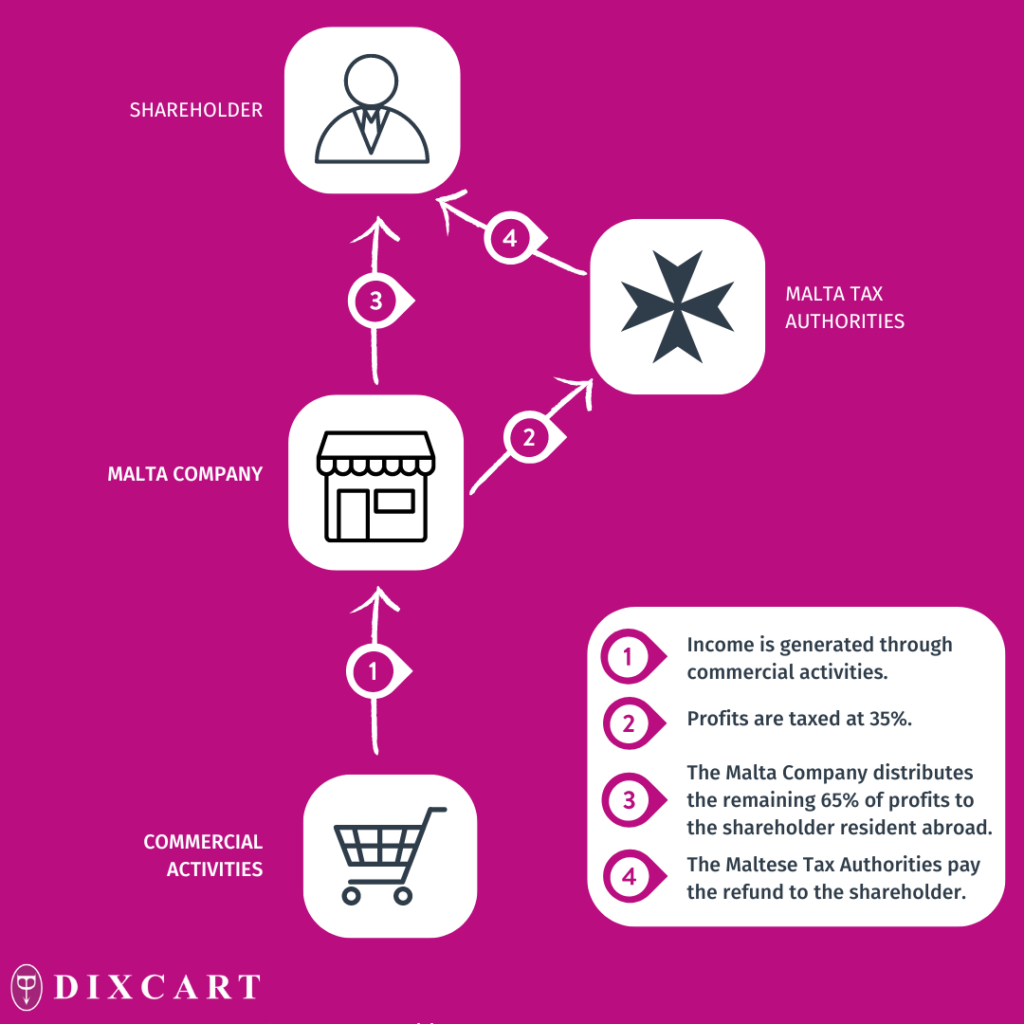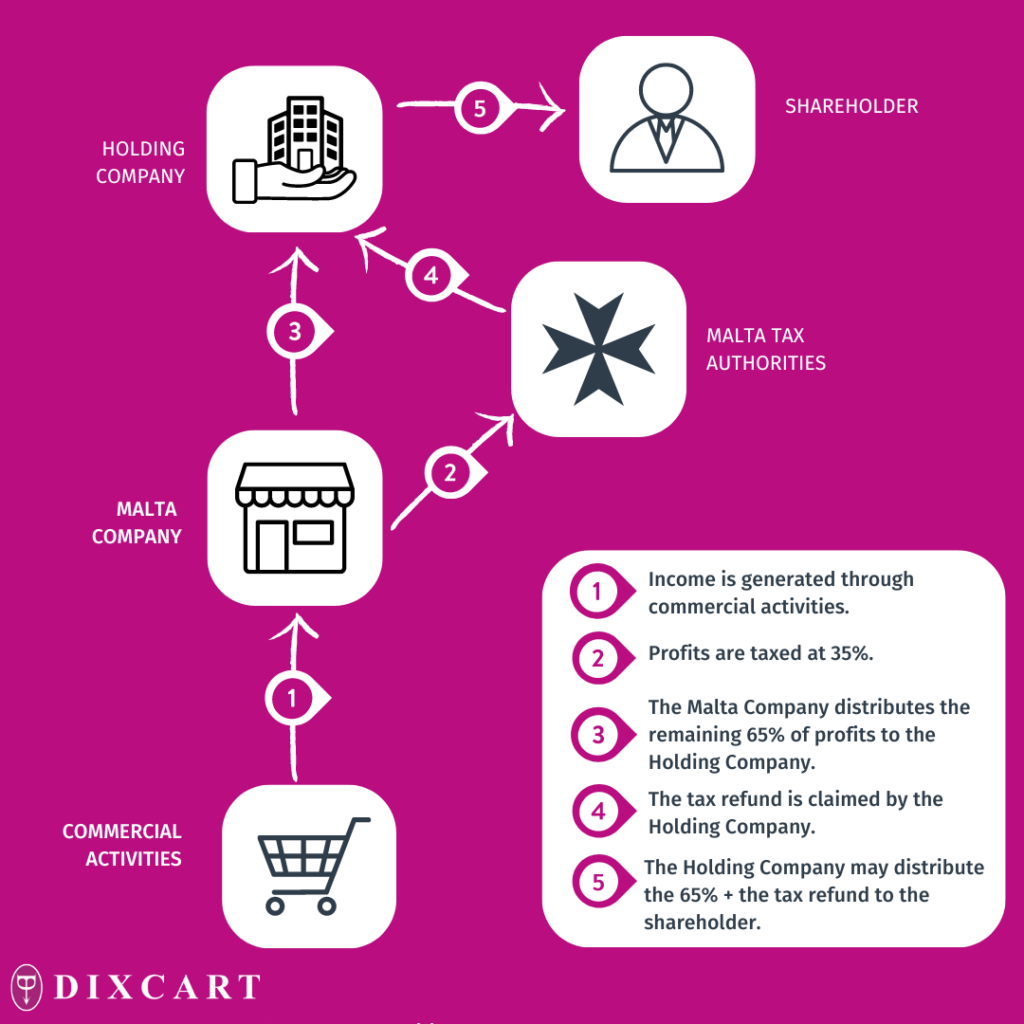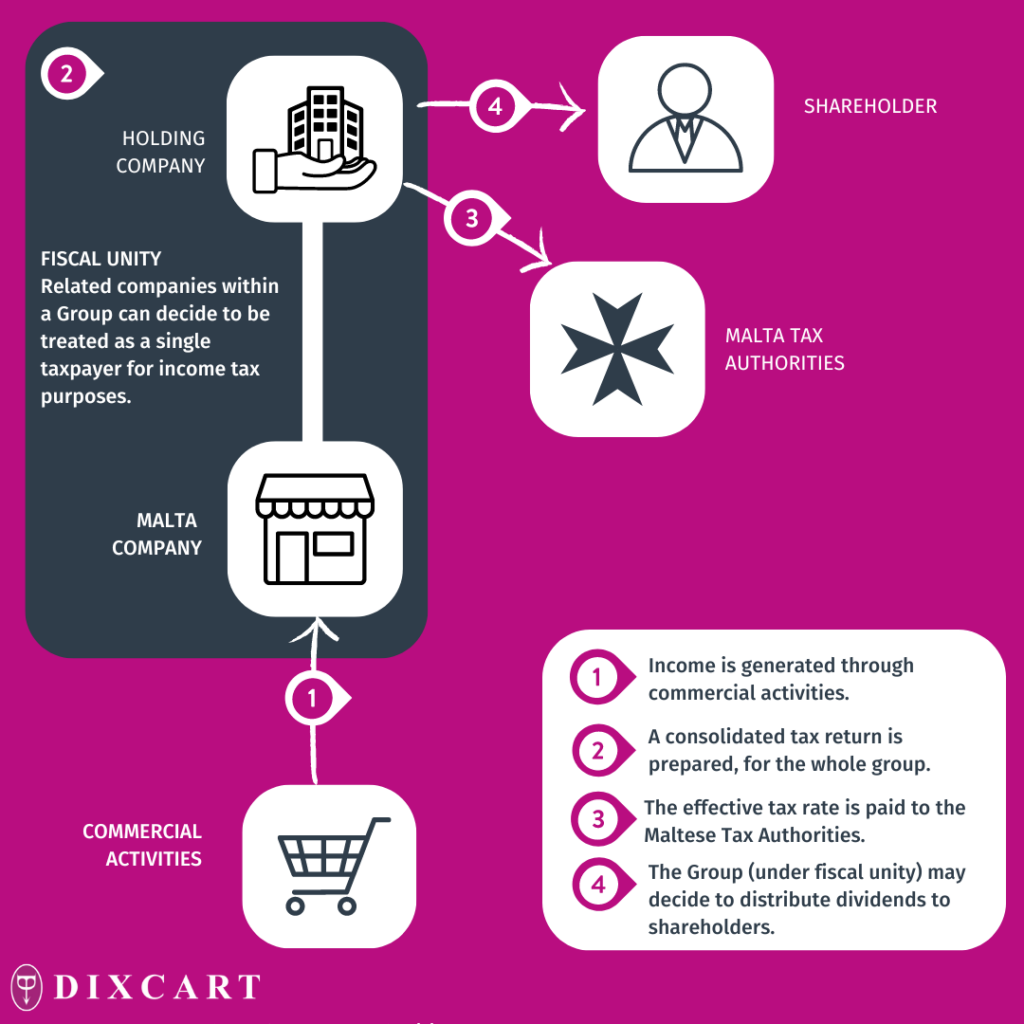In recent years, Malta has become an increasingly popular destination for startups, particularly in tech, fintech, blockchain, gaming, and iGaming sectors. The island nation offers EU Membership, a business-friendly environment, strategic location, and strong government support, making it an attractive option for entrepreneurs looking to establish and scale their businesses.
A survey carried out by the Europe Startup Nations Alliance (ESNA) across 21 EU countries ranked Malta as the 4th best destination for innovative startups. Events and meetups are increasingly common, fostering connections with investors, mentors, and other entrepreneurs. Malta’s blend of business advantages, strategic positioning, and lifestyle benefits creates a conducive environment for startups to launch and scale successfully.
Why Malta?
As a member of the European Union (EU), Malta provides startups with seamless access to the single European market, which encompasses over 450 million consumers across 27 member states. Also, the EU’s single market policies help reduce costs and simplify logistics, allowing startups to expand rapidly into new regions.
Malta’s strategic location in the middle of the Mediterranean makes it the ideal gateway to access the African market. With English as one of the official languages, foreign entrepreneurs can easily navigate the country’s legal and business landscapes. Malta offers a mix of local talent and international professionals attracted by Malta’s quality of life. The island also encourages collaboration between innovative companies and the University, with the aim of boosting knowledge transfer and tailoring the offering of the education system with the needs of the jobs market.
Government Support to the Startup Ecosystem
Malta Enterprise, the Government agency tasked with attracting new foreign direct investment, has contributed to the development of a vibrant, engaging and talented startup community. The Startup Festival is now a yearly event for start-ups to exhibit their products and services, where attendees can engage directly with cutting-edge technology and innovative products. Malta Enterprise also offers a wide range of incentives not only to attract innovative startups to the island, but also ensuring that those that are already in Malta have the support needed to grow. For more information on incentives available in Malta, please read the article Supercharge your Company in Malta – A Guide to the Support Measures Available for Businesses.
In recent years, the startup ecosystem saw a significant increase in companies offering tech solutions in sectors such as Fintech (Malta is now home to many Electronic Money Institutions and Payment Solution Providers); Blockchain (not only related to cryptocurrencies, even though it should be underlined that Malta was the first country to adopt legislation to regulate Virtual Financial Assets), and Artificial Intelligence (with applications on many industries such as Tourism, Compliance and Medicine).
Attractive Conditions for Founders and Key Employees
The presence in Malta of incubators and accelerator programmes, such as Supercharger Ventures or the Visa Innovation Programme, are a testament to the progress that the jurisdiction has made over recent years to establish itself as a European Startup Hub.
Malta offers a wide array of favourable conditions to founders, co-founders and other key employees of the startup. These measures include attractive income tax, particular residency programmes and fast-track work permits. We have previously covered the Key Employee Initiative in detail.
How Dixcart Can Assist
The Dixcart office in Malta can assist startup founders since their very first steps on the island and for their entire journey in Malta. For further information, please contact Jonathan Vassallo, at the Dixcart office in Malta: advice.malta@dixcart.com. Alternatively, please speak to your usual Dixcart contact.















